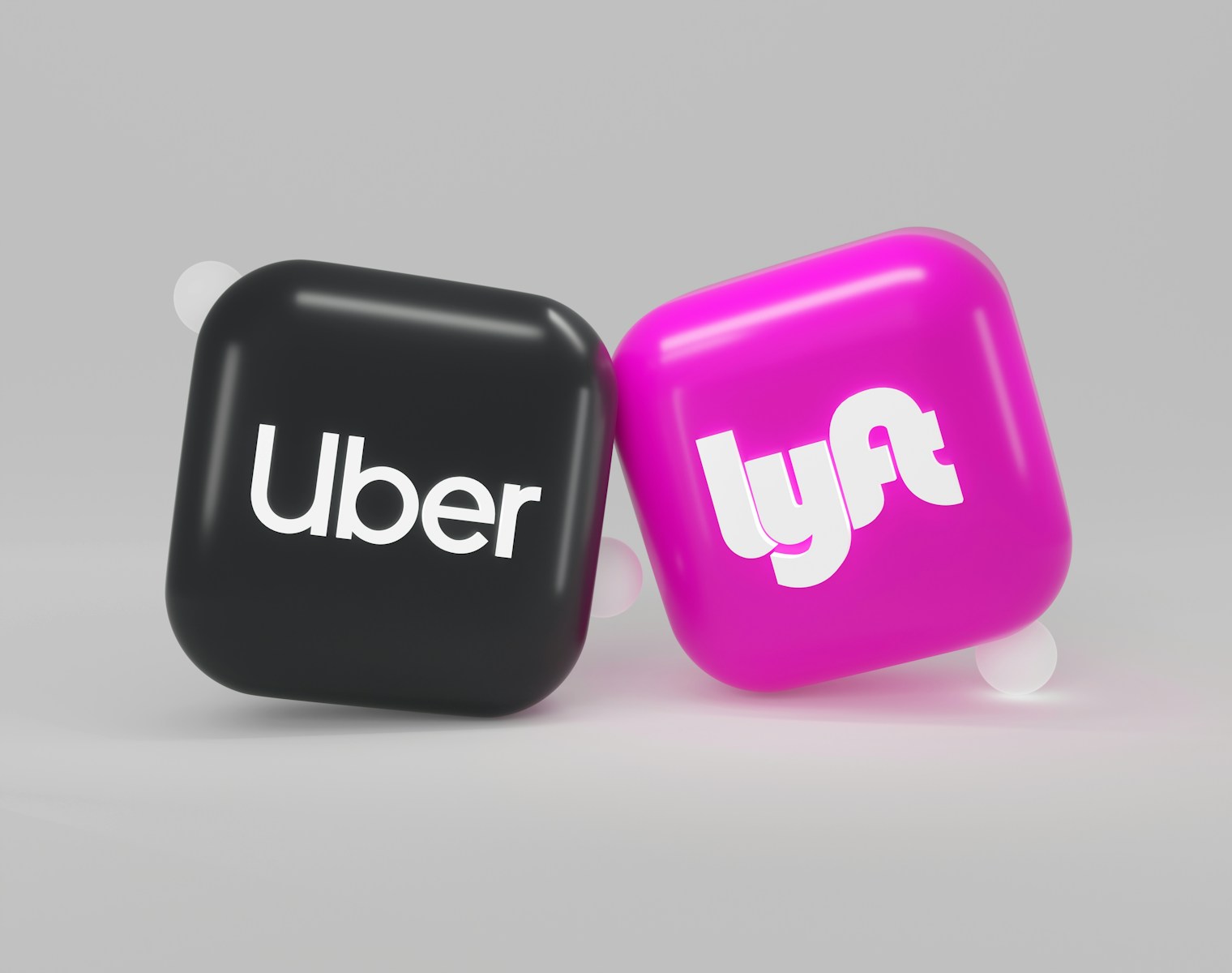
California Court to Decide on Law Classifying App-Based Drivers as Contractors
The California Supreme Court will review the constitutionality of Proposition 22, a law allowing app-based companies such as Uber and Lyft to classify their drivers as independent contractors rather than employees. This decision comes after the Service Employees International Union (SEIU) and several drivers filed a lawsuit claiming that Proposition 22 violates the state constitution. Passed by voters in 2020, Proposition 22 exempts these companies from a state law requiring many workers to be classified as employees, entitling them to benefits like minimum wage, overtime pay, and health insurance.
Proposition 22 has been a contentious issue, with Uber, Lyft, and other app-based services spending over $200 million to support it. They argue that without the measure, the increased costs of treating drivers as employees would force them to shut down operations in California. The California Attorney General’s office is defending the proposition, while industry-backed groups assert that it preserves job flexibility for drivers who prefer the independence of contract work.
This legal challenge is part of a broader national debate over the classification of gig workers, which has seen similar legal battles in other states, including Massachusetts and Minnesota. The outcome of this case could have significant implications for the gig economy and workers’ rights across the United States.
In a broader context, this ruling could shape the future of gig work in California and set a precedent for how other states approach the classification of gig economy workers. The case highlights the ongoing struggle between labor rights advocates, who push for more protections and benefits for gig workers, and companies that argue for the flexibility and economic viability of the contractor model.
For more details, visit the original article.

